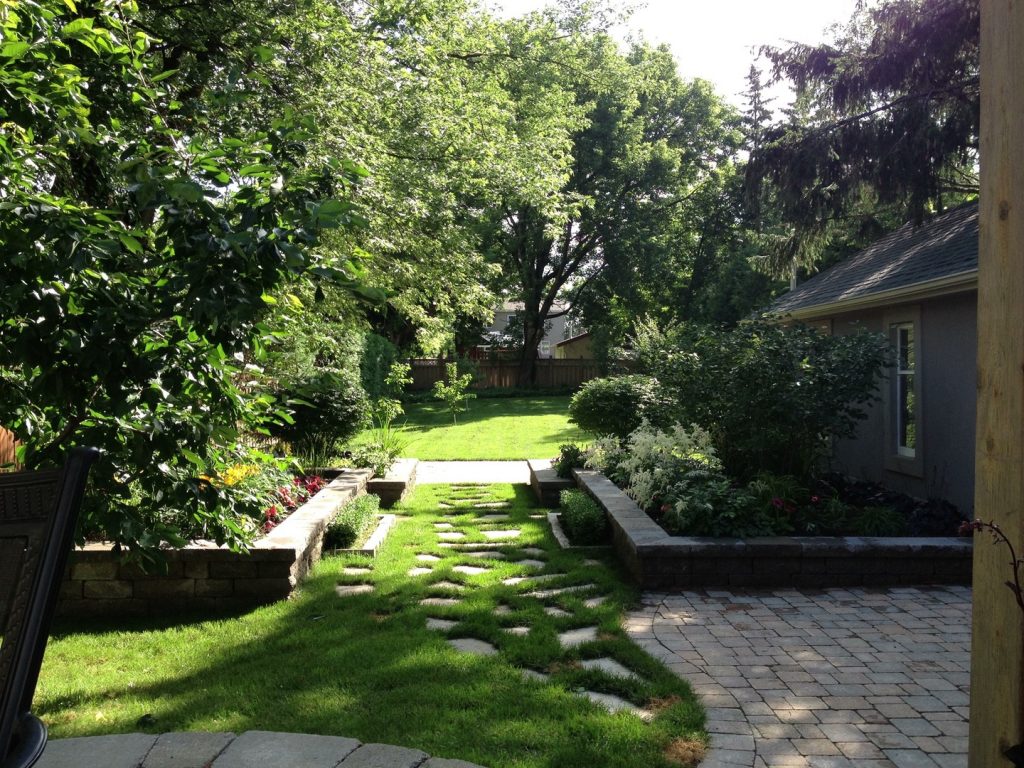
It is true that we are born into circumstances that are beyond our control, and that many things happen to us that are beyond our control. We do not control the weather or natural disasters, or the governments and economies of the world around us, or even the effect of disease and age on us or those we love. But life does not actually consist of the circumstances we find ourselves in. It consists of the decisions we make within those circumstances, because circumstance does not dictate destiny. Therefore, the outcome of your life is never a product of your circumstance. In fact, the whole Bible makes it clear that one day everyone’s circumstances will be dramatically altered.
So too, life itself teaches us the same – how often have we heard of two born under the same circumstances go in opposite directions! The focus of our lives must therefore not be on our circumstance (whether our status at birth or present day), but on the decisions we make; Each decision either brings us closer to God’s character and reality, or it brings us further from God’s character and reality.
When Jesus finished giving us His explanation of the parable of the sower, He said, “But the one who received the seed that fell on good soil is the man who hears the word and understands it. He produces a crop, yielding a hundred, sixty or thirty times what was sown.”
We tend to hear those words and focus on the numerical result as though it was the solution to the sower’s dilemma and the answer to the whole parable. But the sower’s dilemma was never about the sower. From the start it was about the soil the seed landed in. It was about “the one who received the seed.” The message of the Kingdom falls wherever it is spread – on those who are like beaten down paths, on those who are like rocky soil and on those who are like ground filled with thorns. The sower is unconcerned about where the message falls, because the sower knows that it is not in their power to cause the increase to start with – that is God’s work, not the sower’s.
In the parable of the sower Jesus is making it very clear that we have control as to what kind of soil we represent. If we are unfruitful, we need to make some decisions about how we are living our lives, because what the owner of the land wants is fruitfulness, not barrenness. The key to the difference is clearly laid out for us, “the seed that fell on good soil is the man who hears the word and understands it.” The message of the Kingdom must be heard, and it must be understood. This brings all the focus in the parable on the message of the Kingdom.
It is easy to understand the message of the Kingdom as ‘the Gospel’ and to make the assumption that Jesus only cares about getting people into heaven. But the message of the Kingdom is not merely the Gospel of Salvation. The message of the Kingdom is Jesus Himself. It is the whole Word of God, incarnate. The message of the Kingdom is everything it means to be like Jesus. For then we will truly reflect God as those made in His image ought to reflect Him.
Those who understand that and apply it become fruitful naturally, just as a plant that is rooted in good soil grows naturally. As soil does not ‘work’ to cause increase to the seed within it, so decisions to be like Jesus yield peaceful fruitfulness, all by themselves.
The effort we are to take then, is not to be focused on producing ever greater fruitfulness. It is to be focused on the soil of our lives. The fruitfulness is just evidence of our intentionality in dealing with the soil.
Until the ground was made good, the seed yielded no increase. That seed might be watered by copious showers and warmed by a genial sun, but while the soil was bad there could be no harvest. The ground must be changed before it could be fertile.
A.W. Pink
APPLICATION: Intentionality
A garden is said to be a good garden when all of it is delightful. Who delights in a garden with lifeless spots in it?

